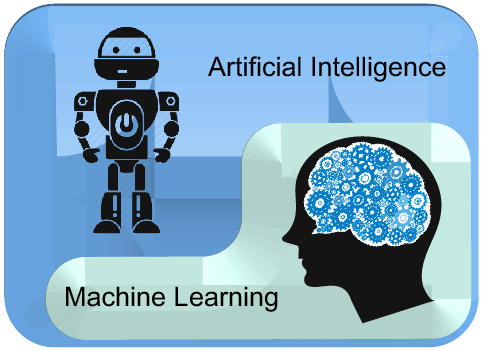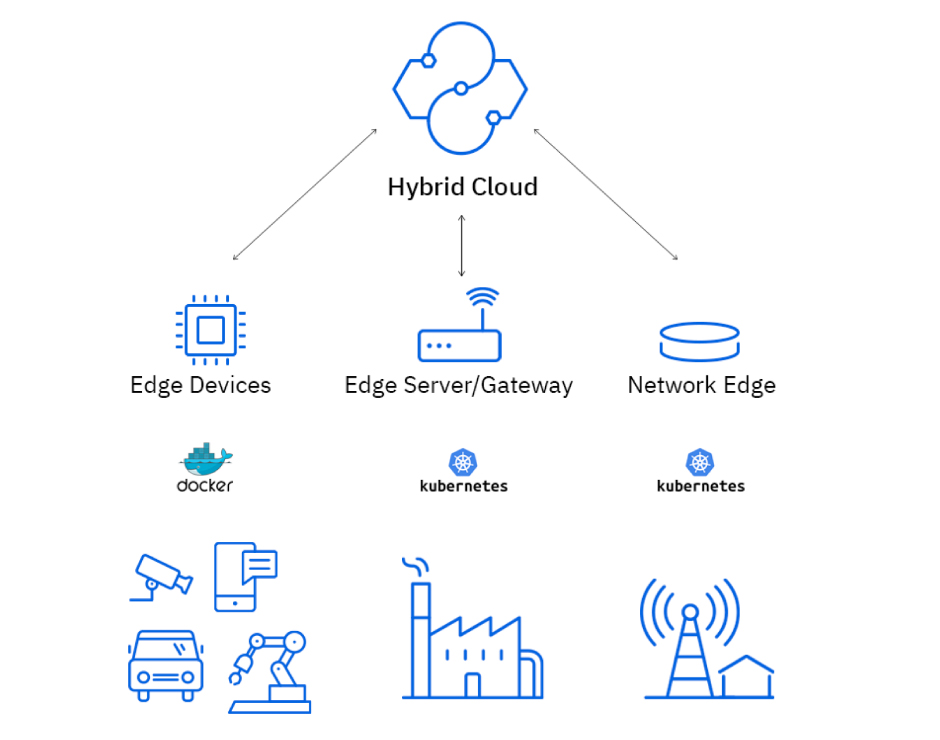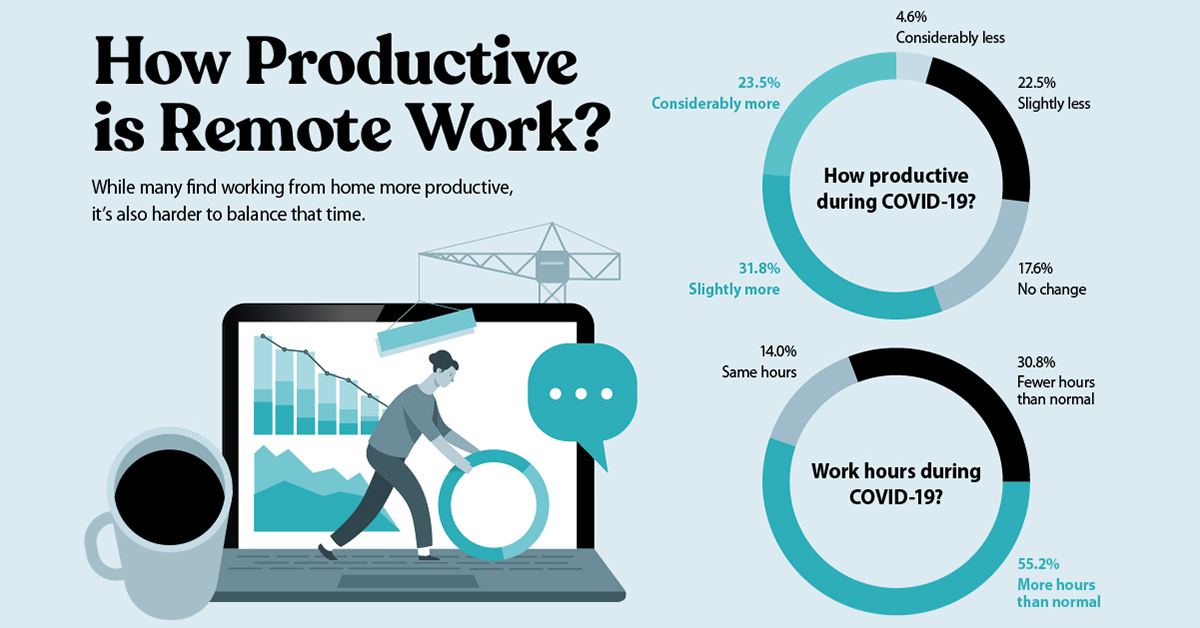As we move further into the digital era, technology has become a key driver in shaping industry trends and business operations. I’ve curated this blog post to provide an analysis of the latest developments and trends, emphasizing their impacts on businesses across sectors.
Artificial Intelligence (AI) and Machine Learning (ML)

AI and ML have been at the forefront of technological innovation for several years. These technologies are now more pervasive and sophisticated, influencing every business sector. AI can help automate repetitive tasks, improving efficiency and productivity, while ML can analyze vast amounts of data to deliver actionable insights.
AI and ML are increasingly being used for predictive analysis, providing businesses with valuable insights into customer behavior and market trends. For instance, AI can help identify patterns in customer interactions, enabling businesses to personalize their offerings and improve customer satisfaction. ML, on the other hand, can be used to predict future sales or market movements, allowing businesses to strategize more effectively.
Internet of Things (IoT)
The IoT is another tech trend that is rapidly transforming businesses. More devices are now connected to the internet than ever before, facilitating real-time data collection and analysis, improving operational efficiency, and creating new business opportunities. IoT is particularly influential in industries such as manufacturing, logistics, and healthcare.
The rise of IoT is leading to the emergence of smart industries, where devices communicate and coordinate to optimize operations. For example, in manufacturing, IoT devices can monitor equipment status in real-time, predict maintenance needs, and prevent costly downtime. In retail, IoT can be used for inventory management, reducing waste, and improving customer experience.
5G and Edge Computing

The advent of 5G technology is revolutionizing connectivity and data transfer speeds. It’s paving the way for more reliable and faster communication, which is crucial for real-time applications. Coupled with edge computing, it allows for data processing closer to the source, reducing latency, and improving user experience.
The combination of 5G and edge computing is set to revolutionize industries that rely on real-time data processing. Autonomous vehicles, for example, require extremely fast data processing speeds to operate safely. With 5G and edge computing, these vehicles can process data locally, reducing latency and improving performance.
Blockchain Technology
Blockchain is no longer solely associated with cryptocurrencies. This technology offers enhanced security and transparency, making it ideal for industries like supply chain, finance, and healthcare. Companies are increasingly exploring blockchain for its potential to improve transactions and contracts.
Blockchain is set to disrupt many industries by providing a secure, transparent, and decentralized method of recording transactions. For instance, in the supply chain industry, blockchain can track products from production to delivery, ensuring authenticity and preventing counterfeiting. In finance, blockchain could potentially eliminate intermediaries, reducing costs and improving transaction efficiency.
Remote Work Technology

The COVID-19 pandemic has resulted in a seismic shift towards remote work. As a result, technologies facilitating remote work like cloud computing, virtual collaboration tools, and cybersecurity are gaining traction. Companies must adapt to this shift and leverage these technologies to maintain productivity and secure their operations.
As remote work becomes more prevalent, businesses must adapt their operations and strategies. This includes investing in secure and reliable technology infrastructure, creating flexible work policies, and promoting a strong remote work culture. Additionally, businesses must consider the implications of remote work on hiring strategies, as it enables access to a global talent pool.
Conclusion
Each of these trends presents both challenges and opportunities. To stay competitive, businesses must stay informed about these developments, understand their potential impacts, and consider how they can be integrated into their operations. While the future is always uncertain, being prepared and flexible is the key to navigating the ever-changing business landscape.
In conclusion, understanding these trends and leveraging them appropriately could mean the difference between leading the industry and being left behind. It’s a fascinating era for businesses, and with the right knowledge and tools, companies can not only survive but thrive in this evolving landscape.
To address more about challanges, please get in touch with us. Your digital transformation journey begins here: router-switch.com
Read More
ICT Trends to Watch Out for in 2023: AI, Cybersecurity, Metaverse, and More
The Future of ICT: Top Trends to Watch in 2023
Choices of Router-switch.com: Top-trending Network Devices for New Year 2023
All-round Self-developed Technology, Samsung Galaxy Z Flip3 5G Foldable Screen Leads the New Trend
